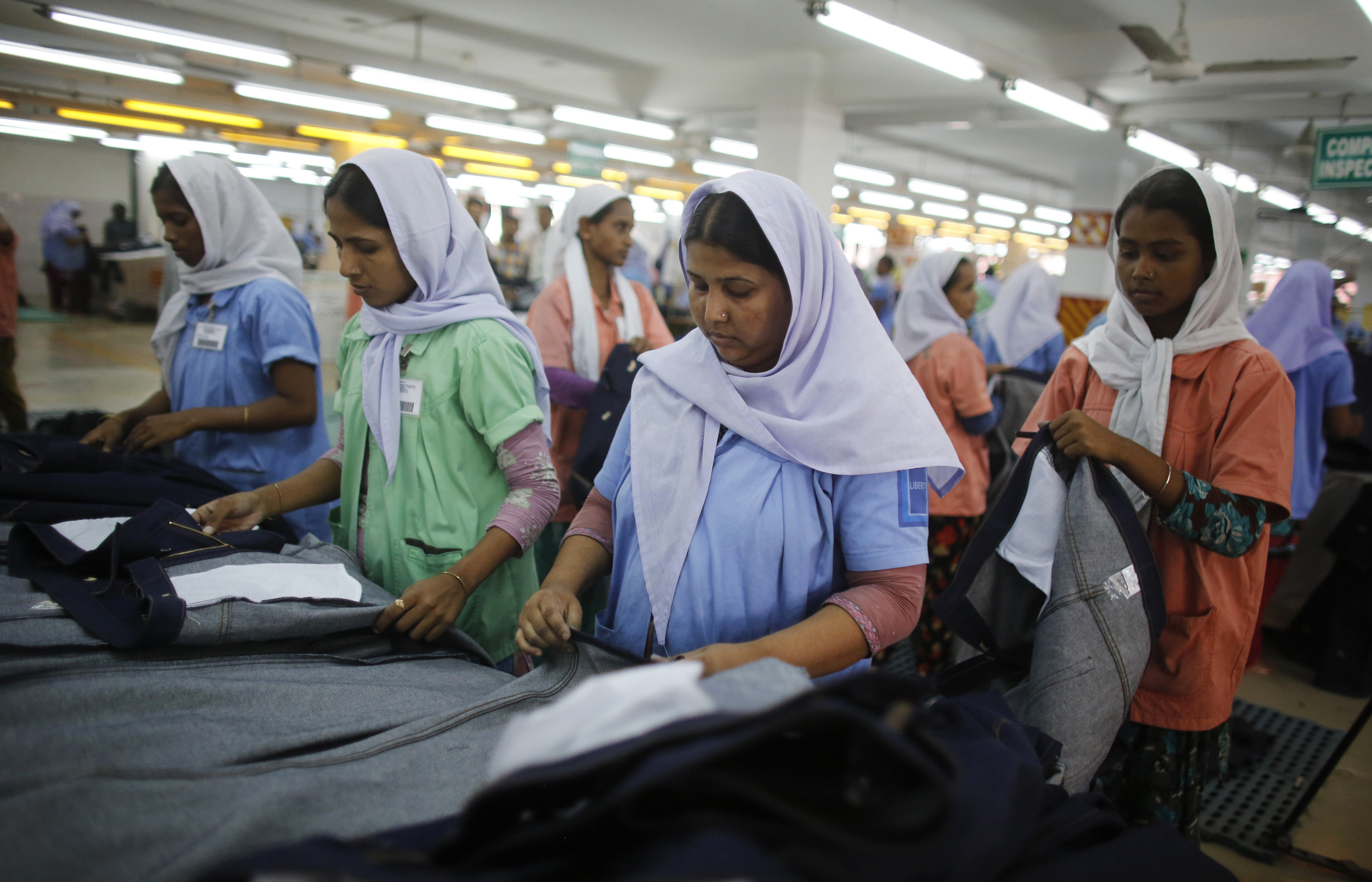News
New Bangladesh labour law well short of global standards

New amendments to Bangladesh’s Labour Act fall well short of international standards and could put workers’ lives at risk, international unions have warned.
The amendments, which were passed last week, fail to protect workers’ rights to freedom of association which could make it increasingly difficult to negotiate for higher wages and safer, fairer working conditions.
Labour leaders say the absence of unions in the vast majority of Bangladeshi workplaces has kept wages at poverty levels for decades and has fostered dangerous, even deadly working conditions.
The Rana Plaza building collapse in April this year in which 1,129 people were killed was the latest in a string of recent tragedies to hit the Bangladeshi garment sector.
Philip Jennings, UNI Global Union General Secretary said:
“The workers of Bangladesh are the life blood of the country’s economy but they have been sold short by their own government yet again.
“Protecting workers’ rights to join and form unions will allow them to fight for fairer and safer working conditions instead of risking their lives each time they set foot in an unsafe workplace.
“Lives and livelihoods are on the line and we will not rest until every worker has the ability to exercise their rights.”
Sharan Burrow, ITUC General Secretary said:
“It appears that once again factory owners triumphed over their employees through backroom lobbying and their own political power as members of parliament.
“For years, the government has utterly failed to enforce the labour law. The ITUC calls on the government of Bangladesh to get serious about enforcement, including on anti-union discrimination as well as occupational safety and health.”
In July this year international trade unions UNI Global Union and IndustriAll helped to implement the Accord on Fire and Building Safety in Bangladesh, a binding contract between seventy apparel brands and retailers, trade unions and NGOs. Its aim is to ensure sustainable improvements to working conditions in Bangladeshi garment industry.

